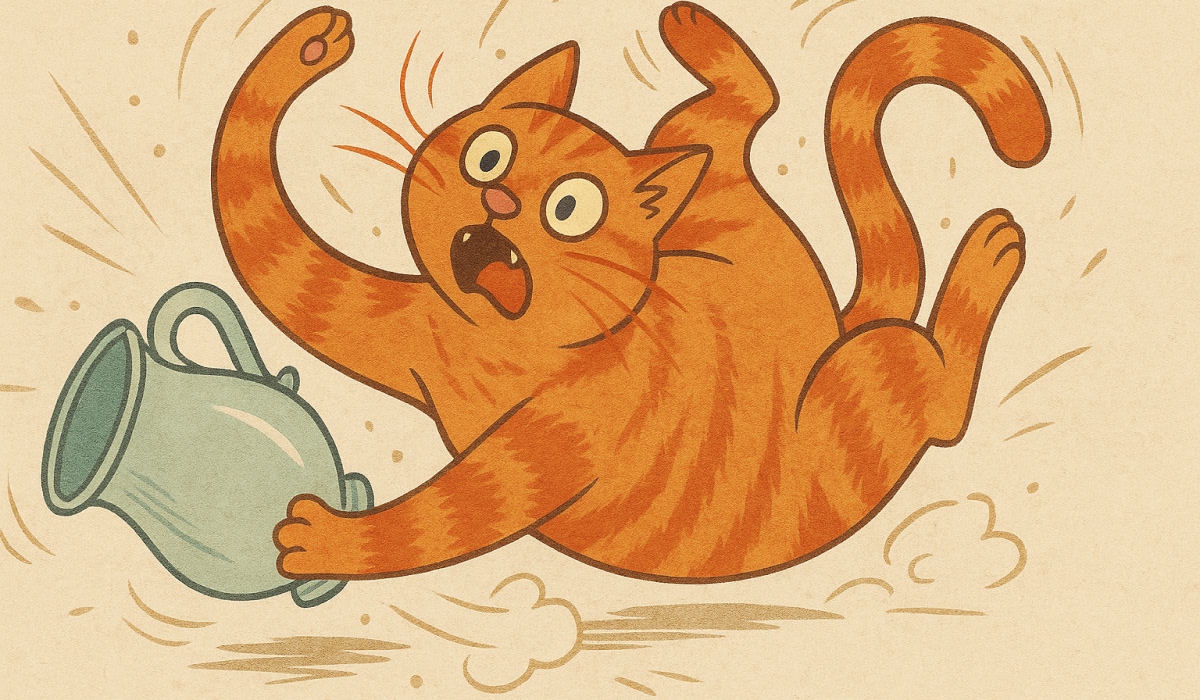

Orange cats have a reputation—goofy, clingy, sometimes chaotic. Is it nature, nurture, or just the internet? We dig into feline genetics, personality correlations, and behavioral quirks associated with orange tabbies.
Orange cats are a cultural icon. From Garfield to TikTok stars, these flamboyant felines are often portrayed as lovable, mischievous clowns. But are they really different—or are we just projecting human traits onto fur patterns? Let’s separate fact from folklore.
The orange coat is caused by a gene on the X chromosome. Because of this, most orange cats are male—about 80%. That skews the behavior sample: male cats are statistically more likely to be bold, territorial, or social depending on neuter status.
Orange cats are often described as friendlier and more attention-seeking than their gray or black counterparts. While there’s no scientific consensus yet, anecdotal data and owner surveys suggest these stereotypes may reflect real trends, influenced by early socialization, human interaction, and selective adoption bias (i.e., people who like affectionate cats are more likely to adopt orange ones).
Platforms like Instagram and TikTok amplify behavioral quirks. One video of an orange cat stealing snacks or falling off a ledge gets millions of views—and suddenly orange cats are "chaotic dumb himbos" in the public imagination. Confirmation bias does the rest.
While science hasn’t yet proven that orange cats are objectively weirder, they certainly capture more attention—and sometimes that's enough. Whether it's genetics, bias, or behavior, Seemour helps you cut through the chaos and truly know your cat.